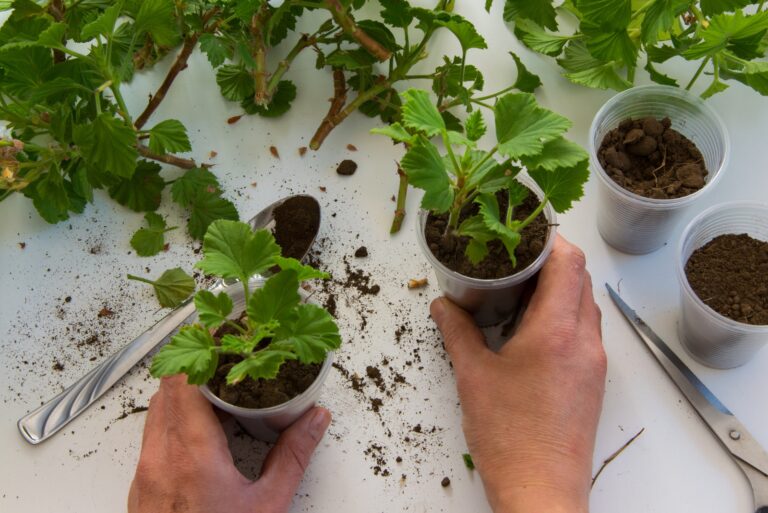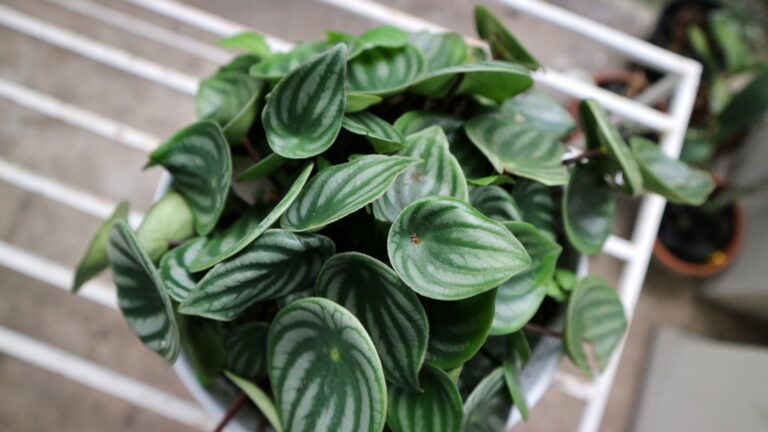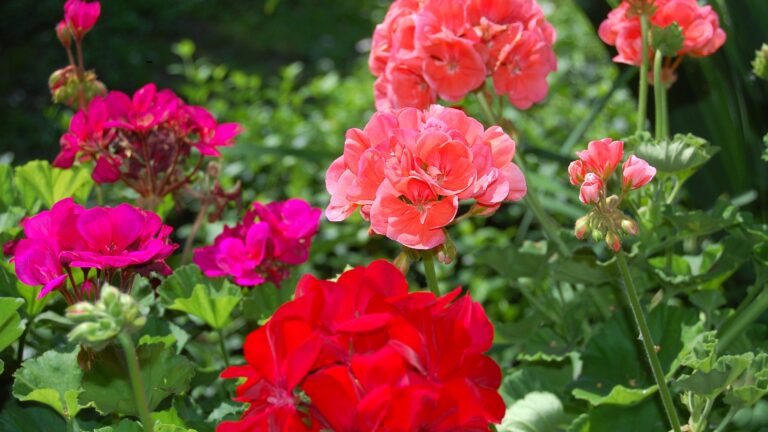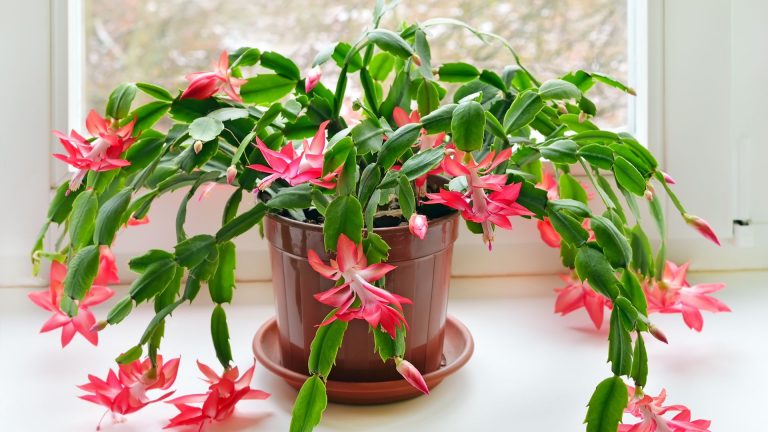12 Seeds That Take A Long Time To Germinate In Texas
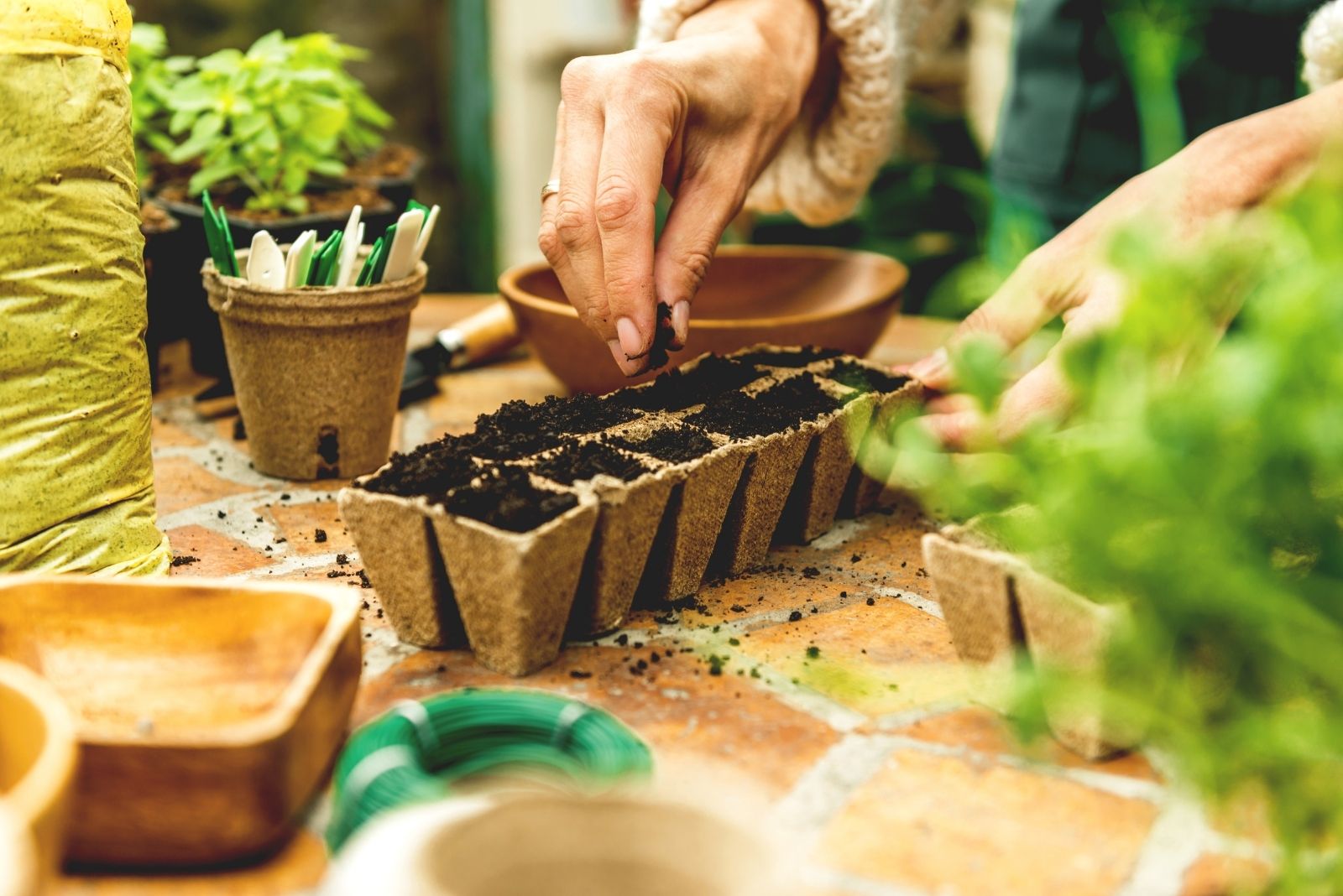
Starting a garden in Texas comes with unique challenges, especially when dealing with seeds that seem to take forever to sprout. The hot, sometimes unpredictable climate of the Lone Star State can make waiting for certain seeds particularly testing for even experienced gardeners.
Whether you’re planting in the sandy soils of East Texas or the alkaline earth of the Hill Country, knowing which seeds require extra patience can save you from assuming failure too soon.
1. Lavender
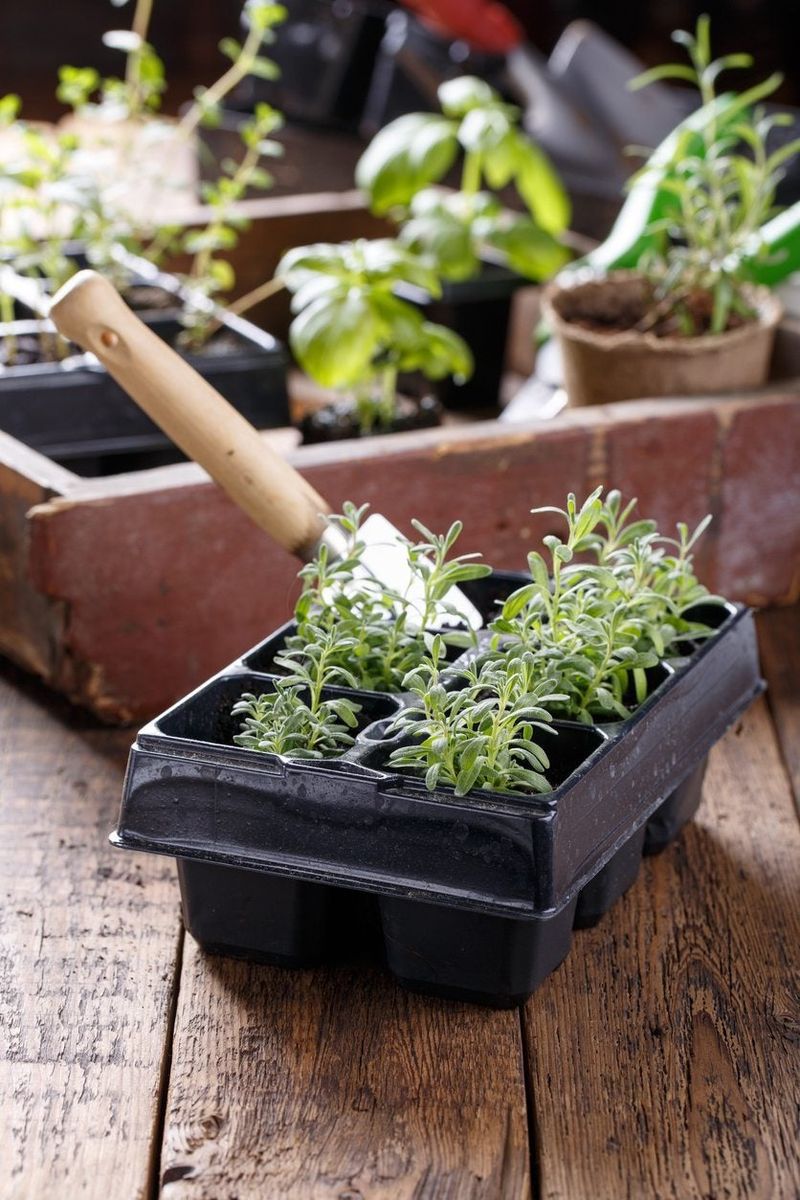
Notorious for testing a gardener’s patience, lavender seeds can take anywhere from 14 to 28 days to germinate in Texas soil. The dry heat that blankets much of the state actually mimics lavender’s native Mediterranean climate.
Many Texas gardeners give up too soon, thinking their seeds have failed. For best results, cold stratify the seeds in your refrigerator for about two weeks before planting. This tricks the seeds into thinking they’ve gone through winter, encouraging faster sprouting.
2. Rosemary
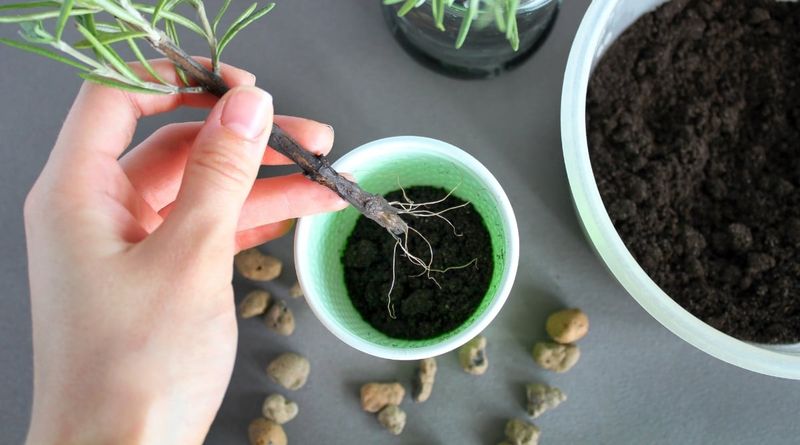
Stubborn as a Texas mule, rosemary seeds often take three to four weeks to sprout, sometimes longer during cooler months. Their germination rate hovers around 30-40%, making them a true test of gardening commitment.
I’ve found success by soaking seeds overnight before planting. The tough outer coating softens, giving moisture a fighting chance to reach the embryo inside. Most Texas gardeners skip the seed stage entirely, opting for cuttings instead.
3. Parsley
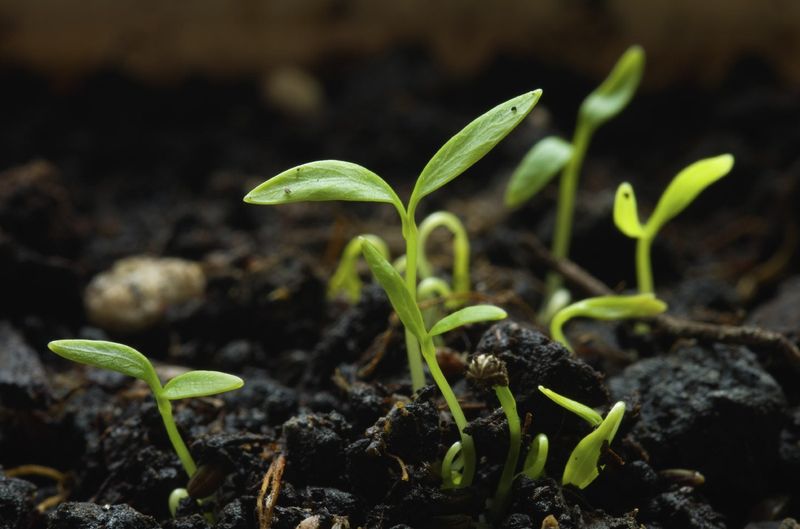
Parsley might be the poster child for gardening patience in Texas. These seeds typically take 21-28 days to germinate, sometimes stretching to five weeks during our cooler seasons.
The seeds contain natural germination inhibitors that slow the process. Try pouring warm water over them and letting them soak overnight before planting. I’ve had the best luck starting parsley indoors where I can control temperature and moisture better than in our unpredictable Texas weather.
4. Echinacea (Purple Coneflower)
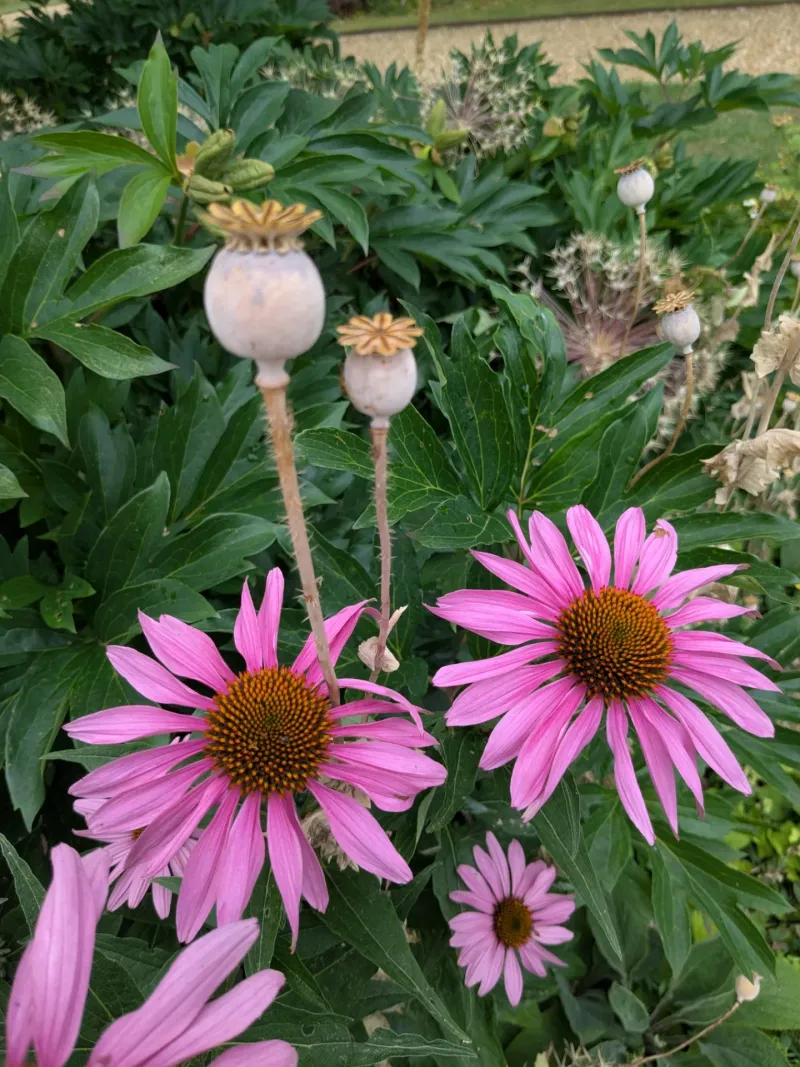
A beloved Texas native wildflower, Echinacea seeds require cold stratification to break dormancy. Without this critical step, you might wait 30+ days with no signs of life.
Place seeds in damp paper towels in your fridge for about a month before planting. This natural process mimics winter conditions, essential for germination. Even with stratification, expect to wait 10-20 days after planting before seeing any green poking through Texas soil.
5. Pecan Trees
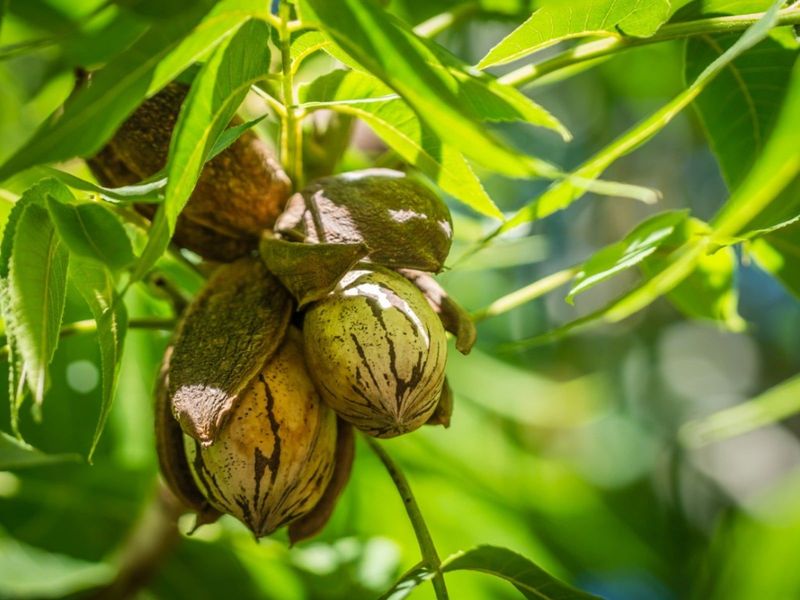
Texas’ state tree starts its life remarkably slowly. Pecan seeds can take anywhere from 30 to 90 days to germinate, testing even the most patient gardeners.
The thick shell protects the seed but creates a significant barrier to moisture. I’ve had success placing harvested nuts in moist sand in the refrigerator for about three months before planting. This process, called stratification, breaks the seed’s dormancy.
6. Chile Peppers
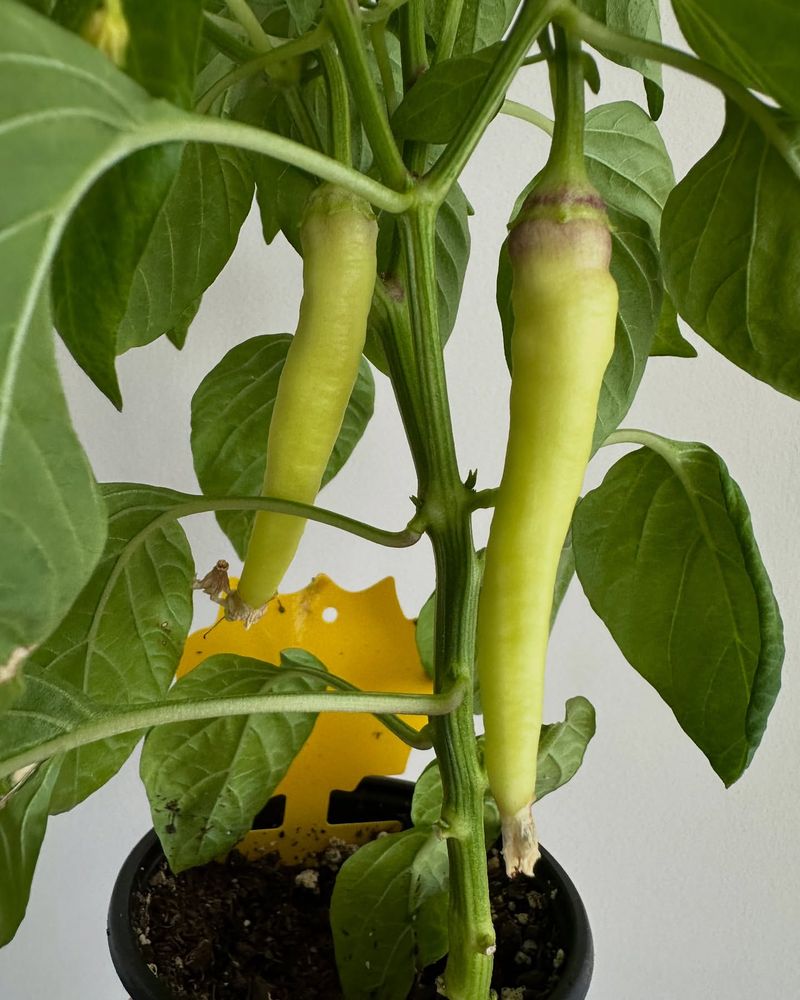
Despite Texas’ love affair with all things spicy, chile pepper seeds take their sweet time germinating. Expect to wait 14-28 days, with some varieties like habaneros taking even longer in our soil.
Heat-loving by nature, these seeds still need consistent warm temperatures to sprout. Using a heat mat set to 80-85°F dramatically speeds up the process. I’ve learned to start pepper seeds indoors in February, giving them plenty of time to mature before Texas summer heat kicks in.
7. Bluebonnet
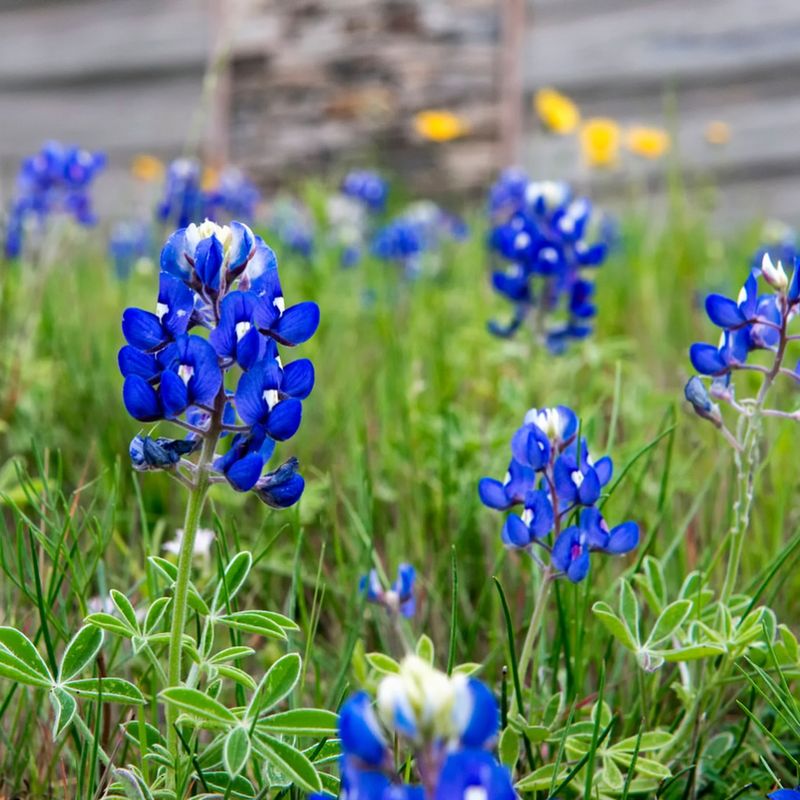
Our beloved state flower follows nature’s timetable, not ours. Bluebonnet seeds have a hard outer coating that can delay germination for weeks or even months in Texas gardens.
Old-timers recommend scarifying the seeds by lightly scratching the seed coat with sandpaper. This mimics the natural weathering process that would occur in the wild. Fall planting works best, allowing winter rains and cold to naturally break seed dormancy before spring brings those iconic blue blooms.
8. Asparagus
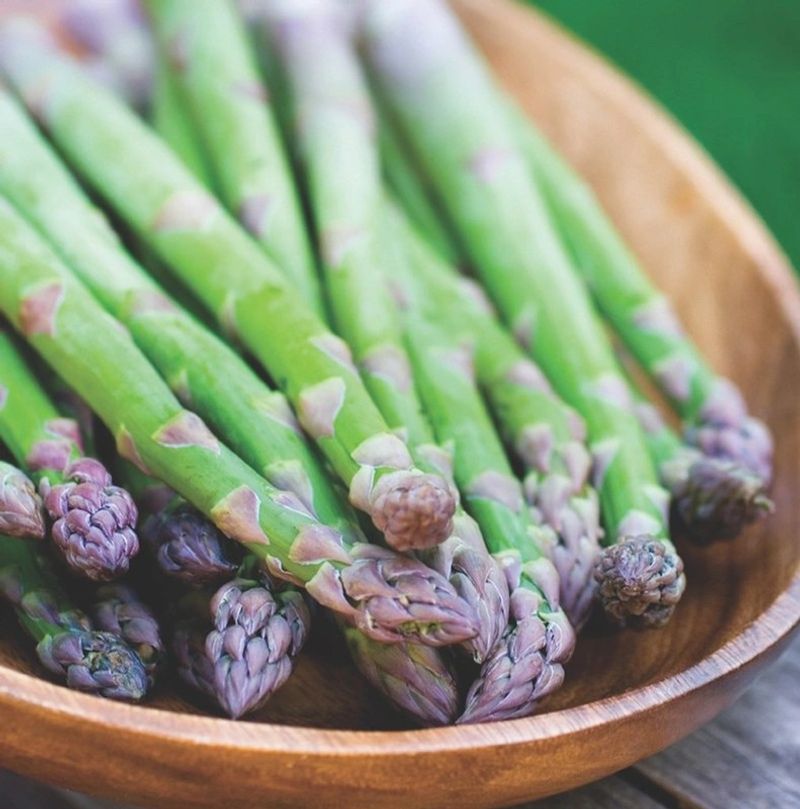
Growing asparagus from seed in Texas requires the patience of a saint. These seeds typically take 21-30 days to germinate, with sporadic emergence that can stretch over several weeks.
Soaking seeds for 24 hours before planting helps speed things along. Remember that even after germination, you’ll wait three years before harvesting your first spears. The reward is worth it though—a well-established asparagus bed can produce for 15-20 years in Texas gardens.
9. Mexican Plum

This Texas native tree produces seeds that can test even the most patient gardener. The hard seed coat requires both scarification and stratification, sometimes taking 3-4 months before sprouting.
Collect fallen fruits in late summer, remove the flesh, and nick the hard seed coat. Then refrigerate in moist sand for at least 90 days before planting. Many gardeners skip this lengthy process altogether by purchasing saplings, but watching a tree grow from seed creates a special connection.
10. Milkweed
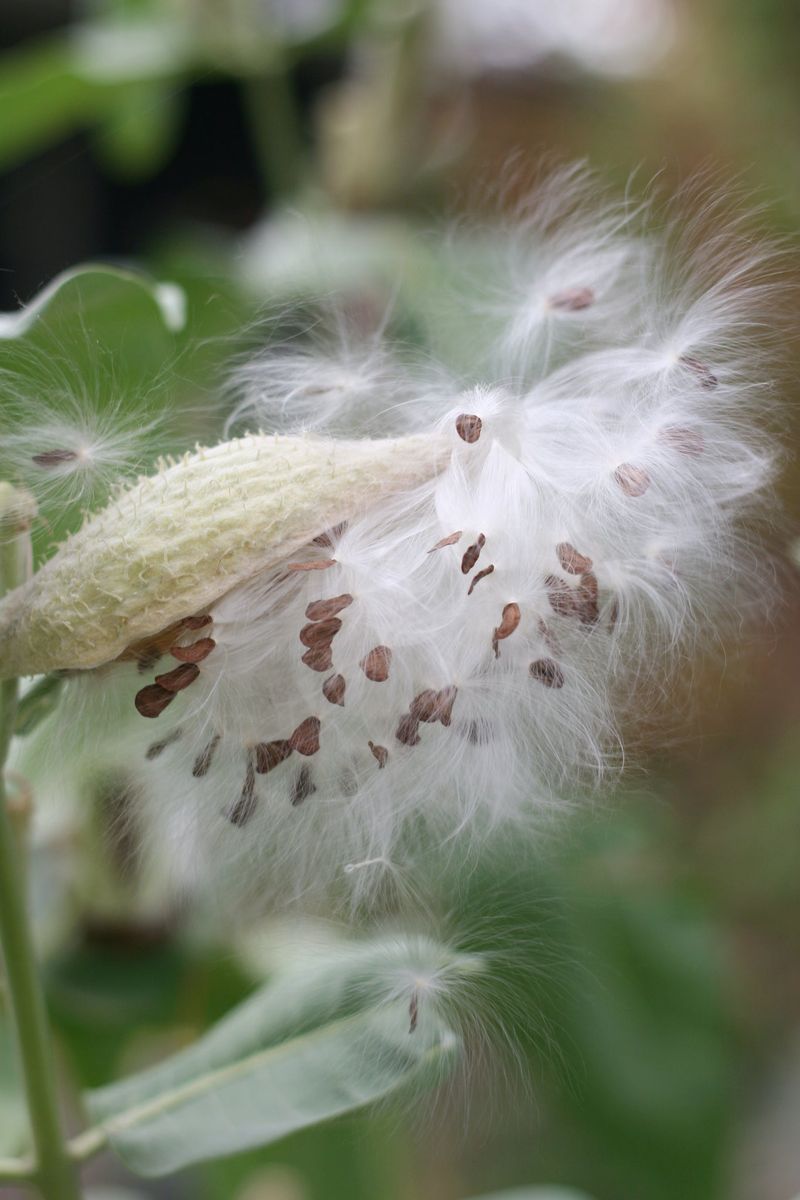
Essential for monarch butterflies, milkweed seeds are notoriously slow to germinate in Texas gardens. The natural germination rate hovers around 20% without special treatment, taking anywhere from 30-90 days.
Cold stratification dramatically improves success rates. Place seeds between damp paper towels in a sealed container in your refrigerator for 30 days before planting. I’ve found that Antelope Horn milkweed, native to Texas, establishes better than tropical varieties and provides perfect monarch habitat.
11. Liatris (Gayfeather)
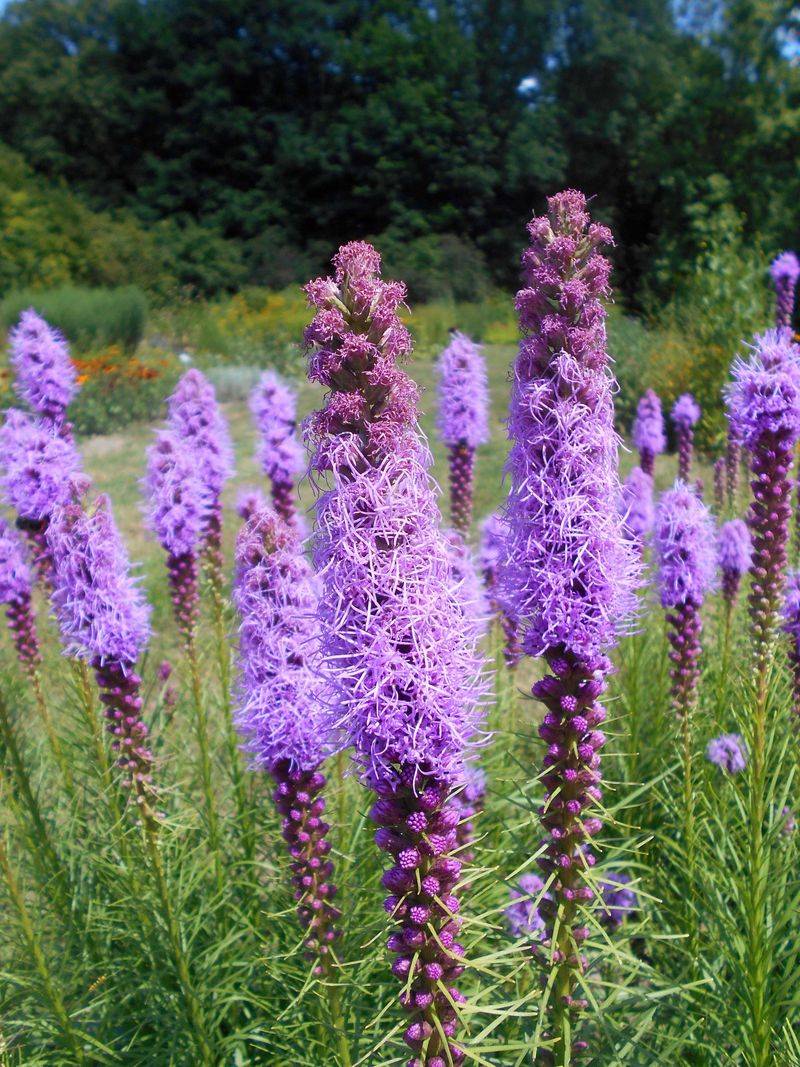
This stunning Texas native perennial rewards patient gardeners with dramatic purple spikes, but getting there requires time. Seeds typically take 20-45 days to germinate, with sporadic emergence that can test your resolve.
Cold stratification is essential for consistent germination. Place seeds in moist paper towels in your refrigerator for 4-6 weeks before planting. Once established, these drought-tolerant plants thrive in our harsh Texas summers and attract countless pollinators to your garden.
12. Pomegranate
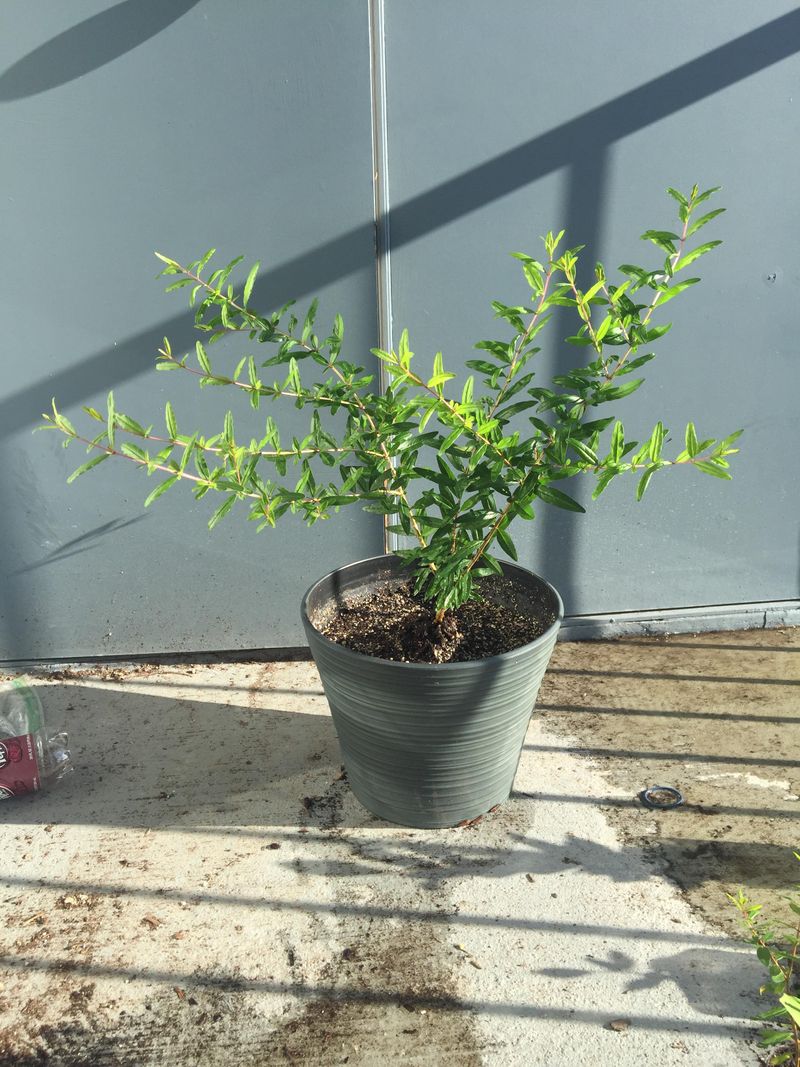
While pomegranate trees flourish in South and Central Texas, starting them from seed requires exceptional patience. Germination typically takes 30-45 days, sometimes longer during cooler months.
Fresh seeds from ripe fruit germinate best. Rinse off all pulp, then dry seeds for a few days before planting. While grafted trees produce fruit faster, seed-grown pomegranates develop stronger root systems better adapted to Texas’ occasional droughts and freezes.

